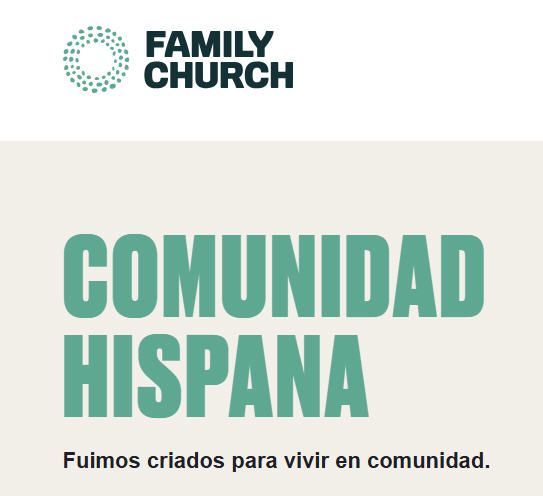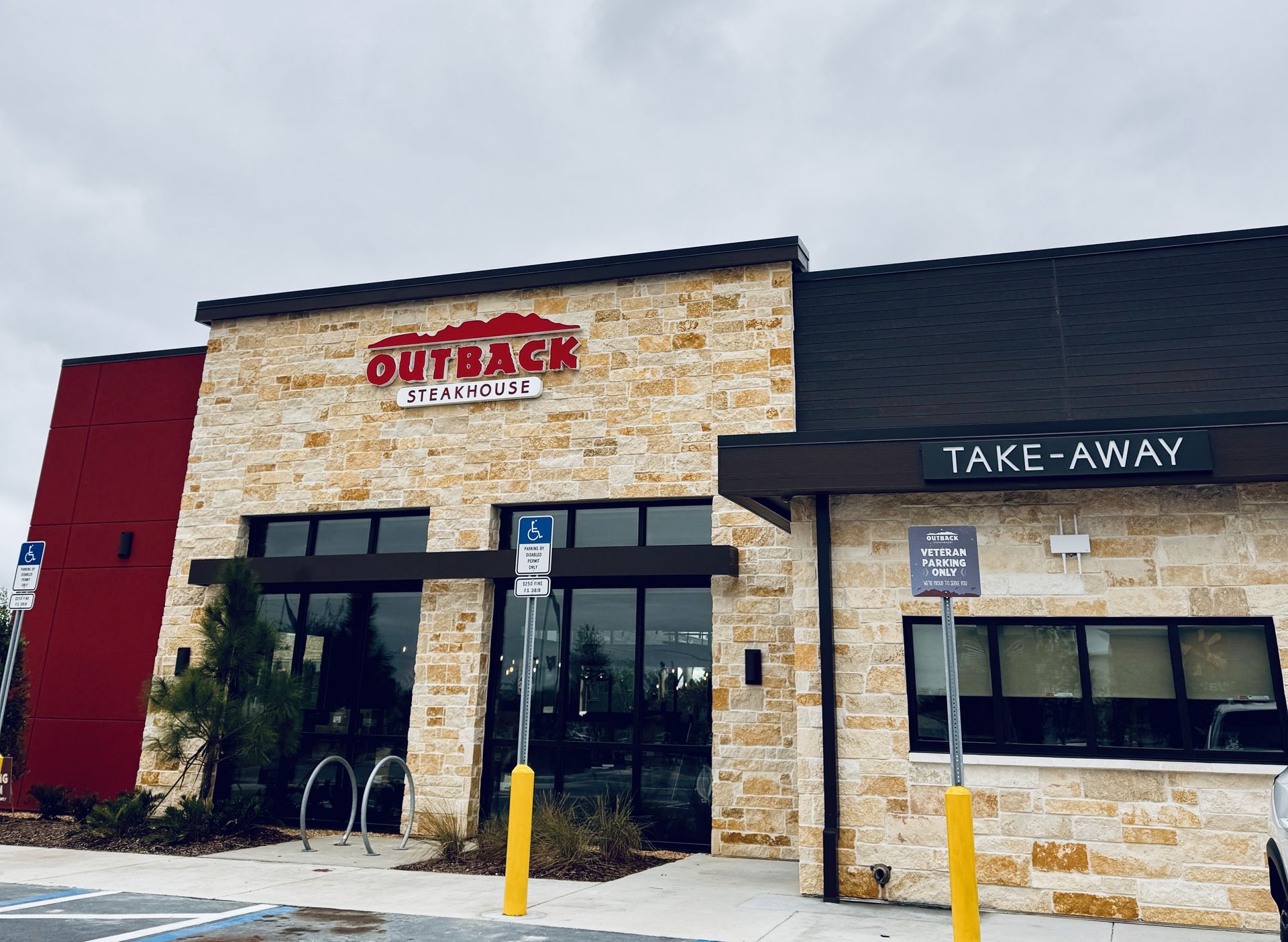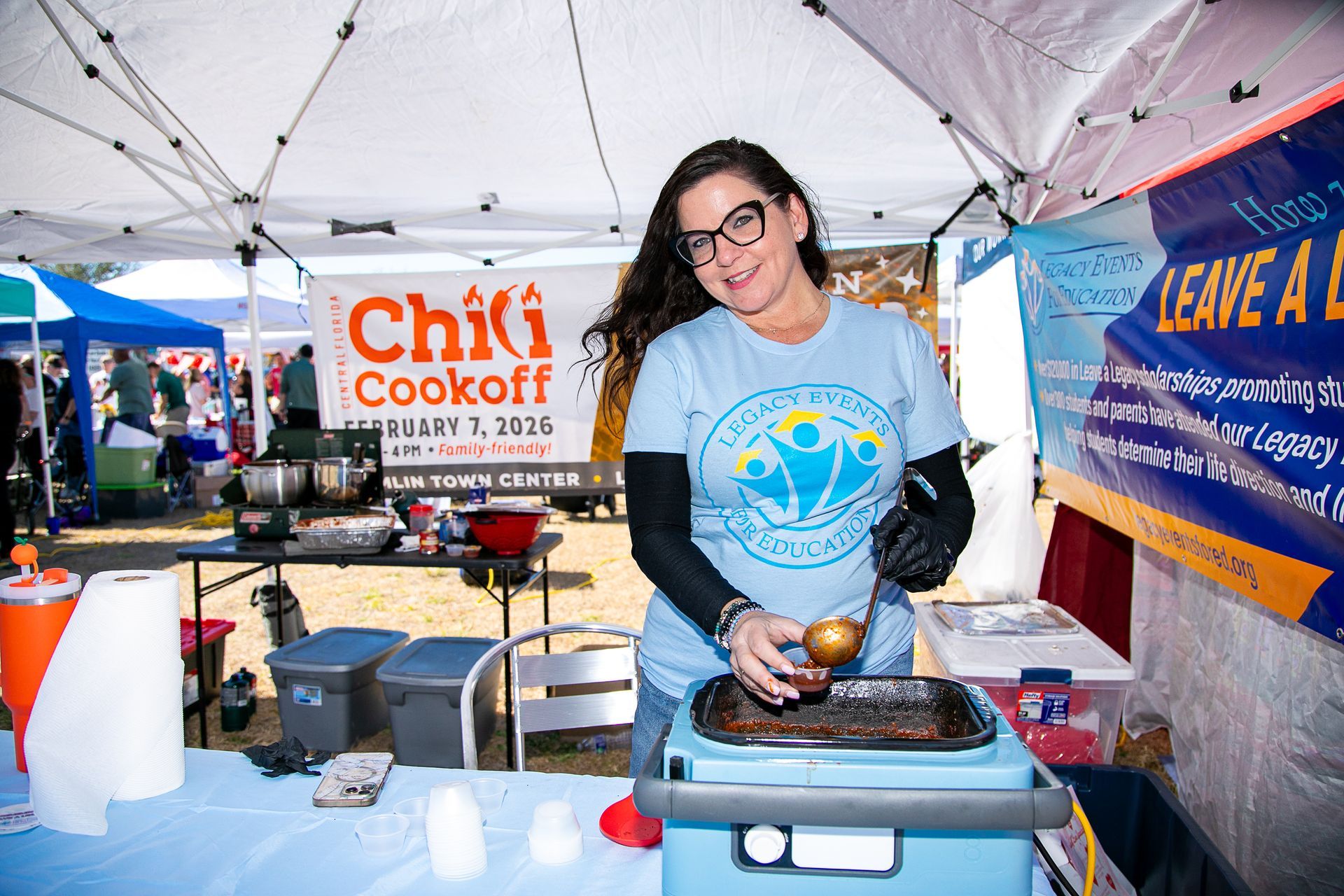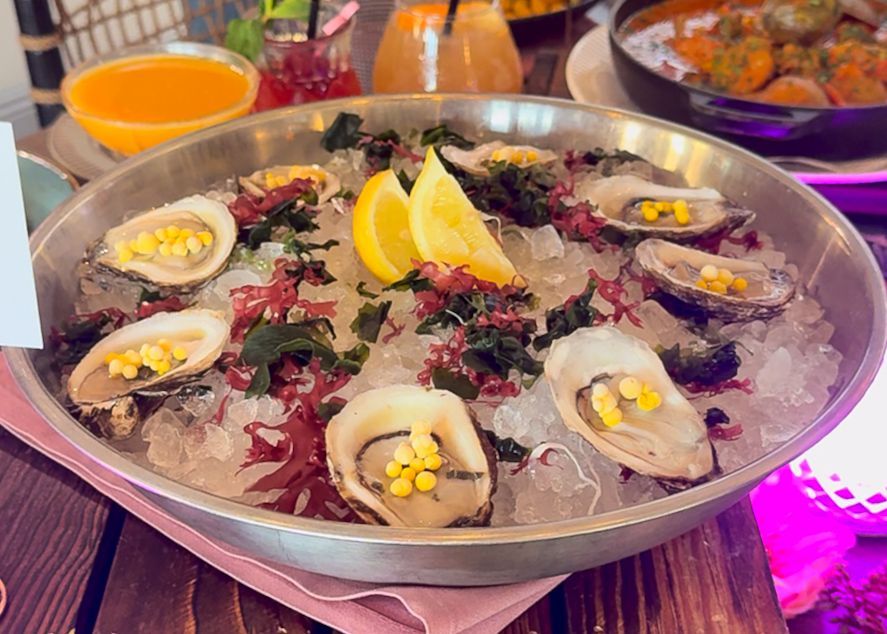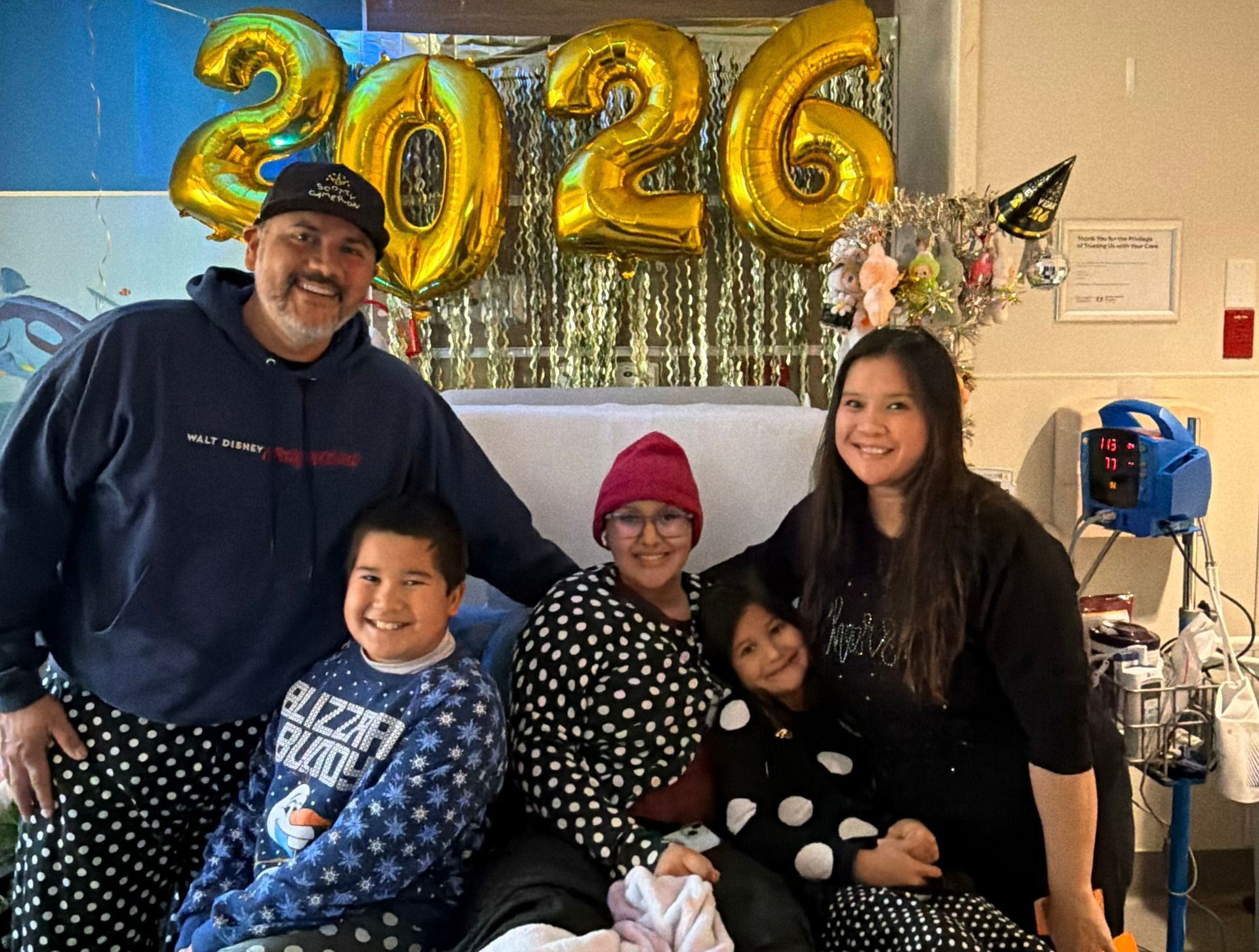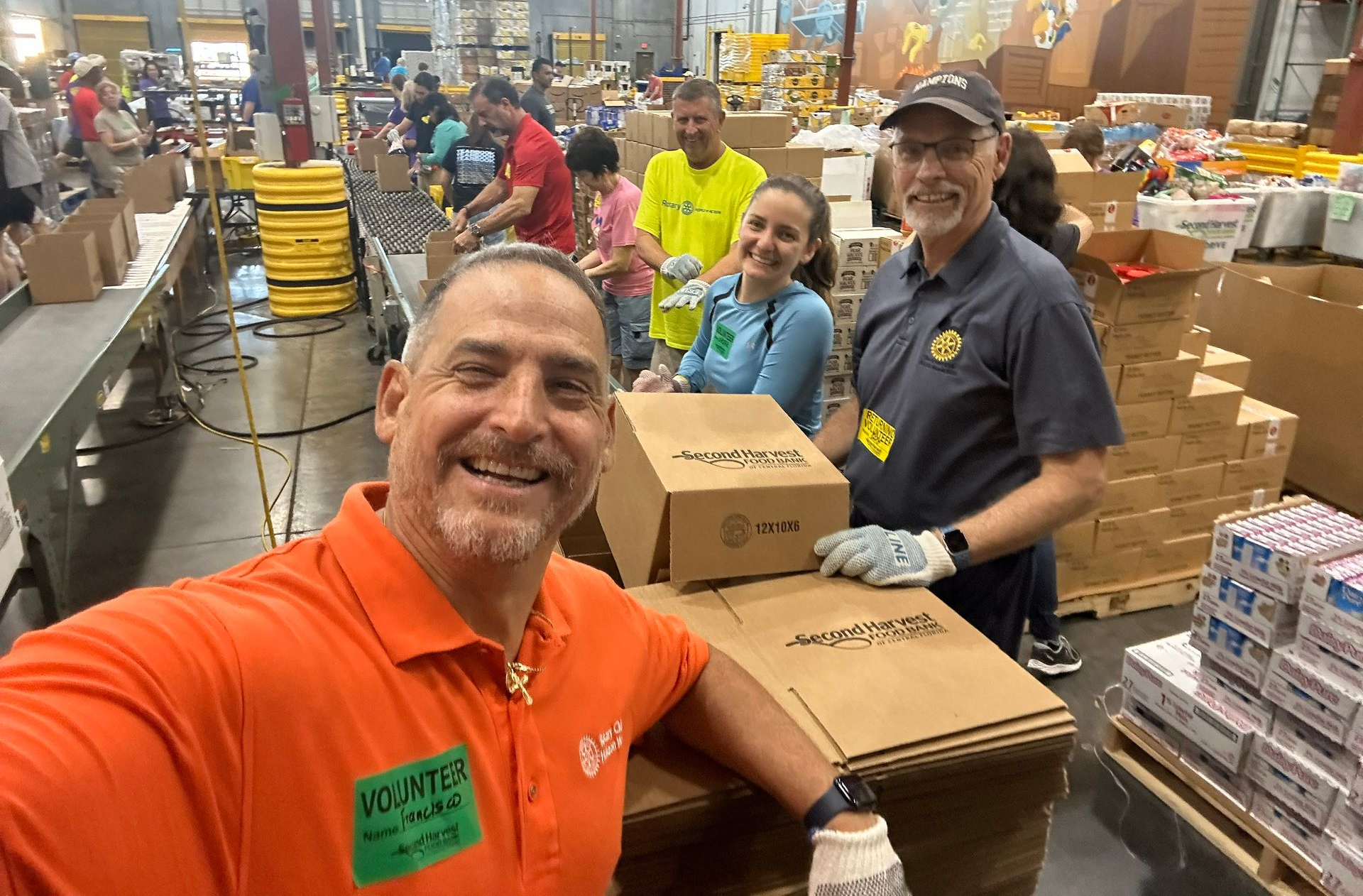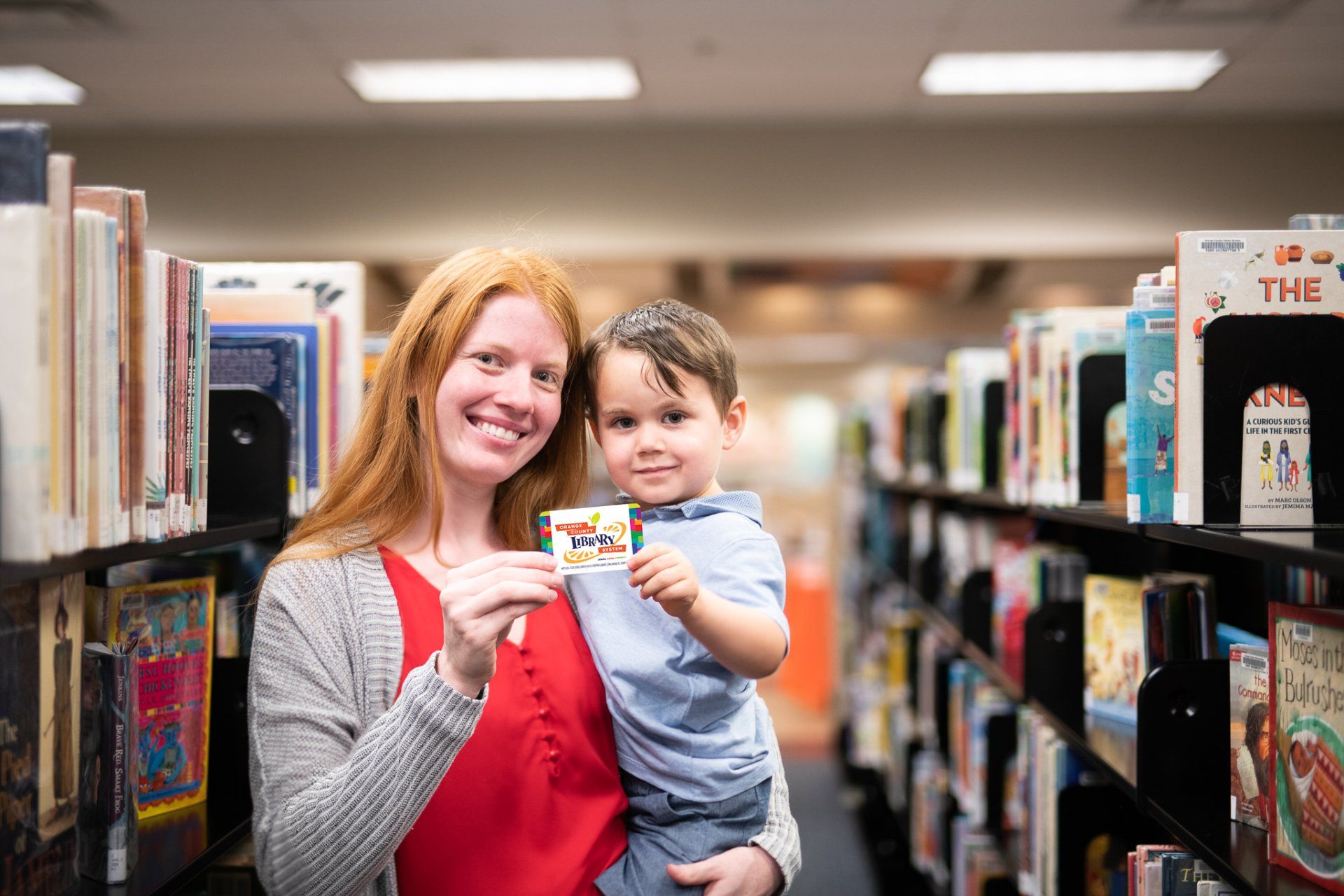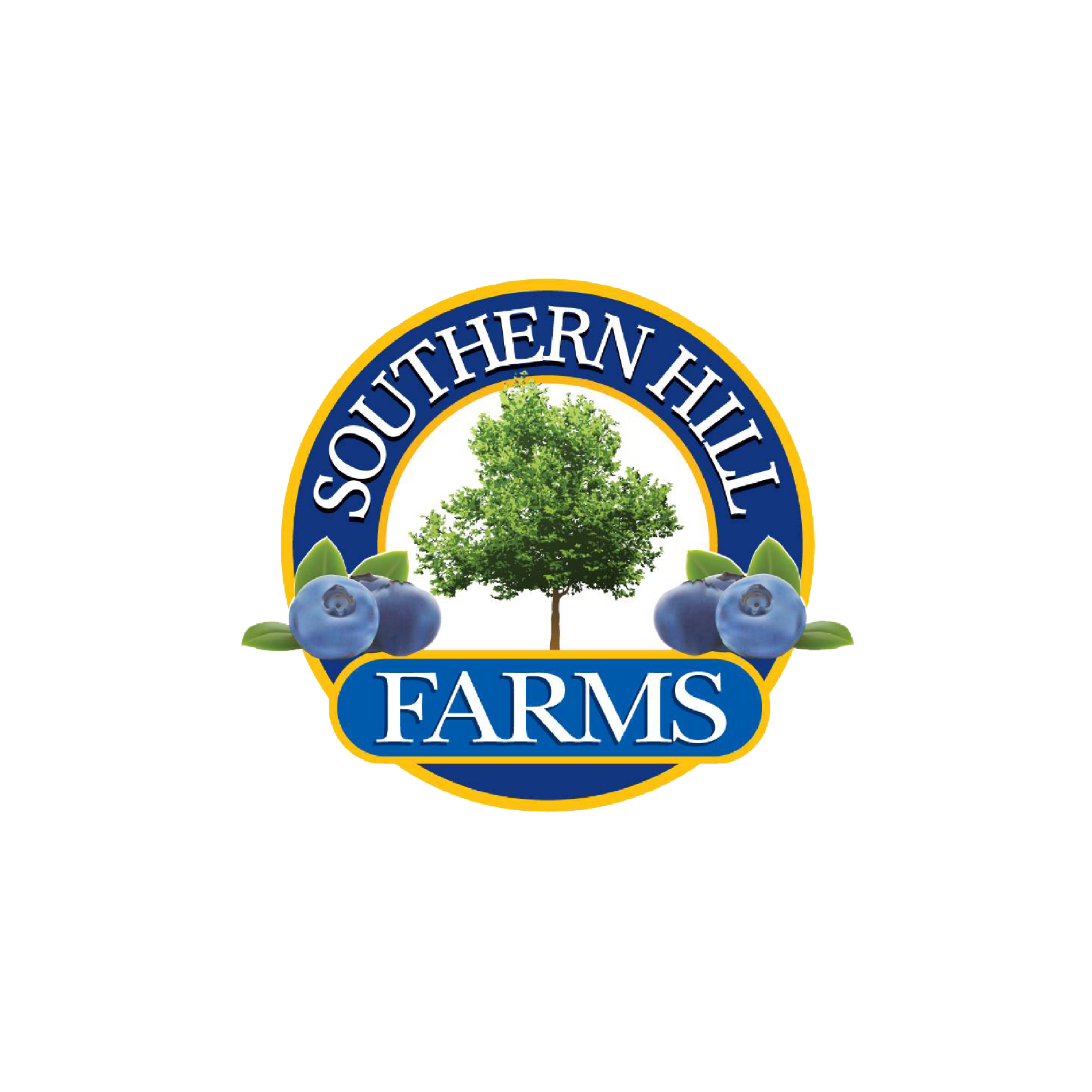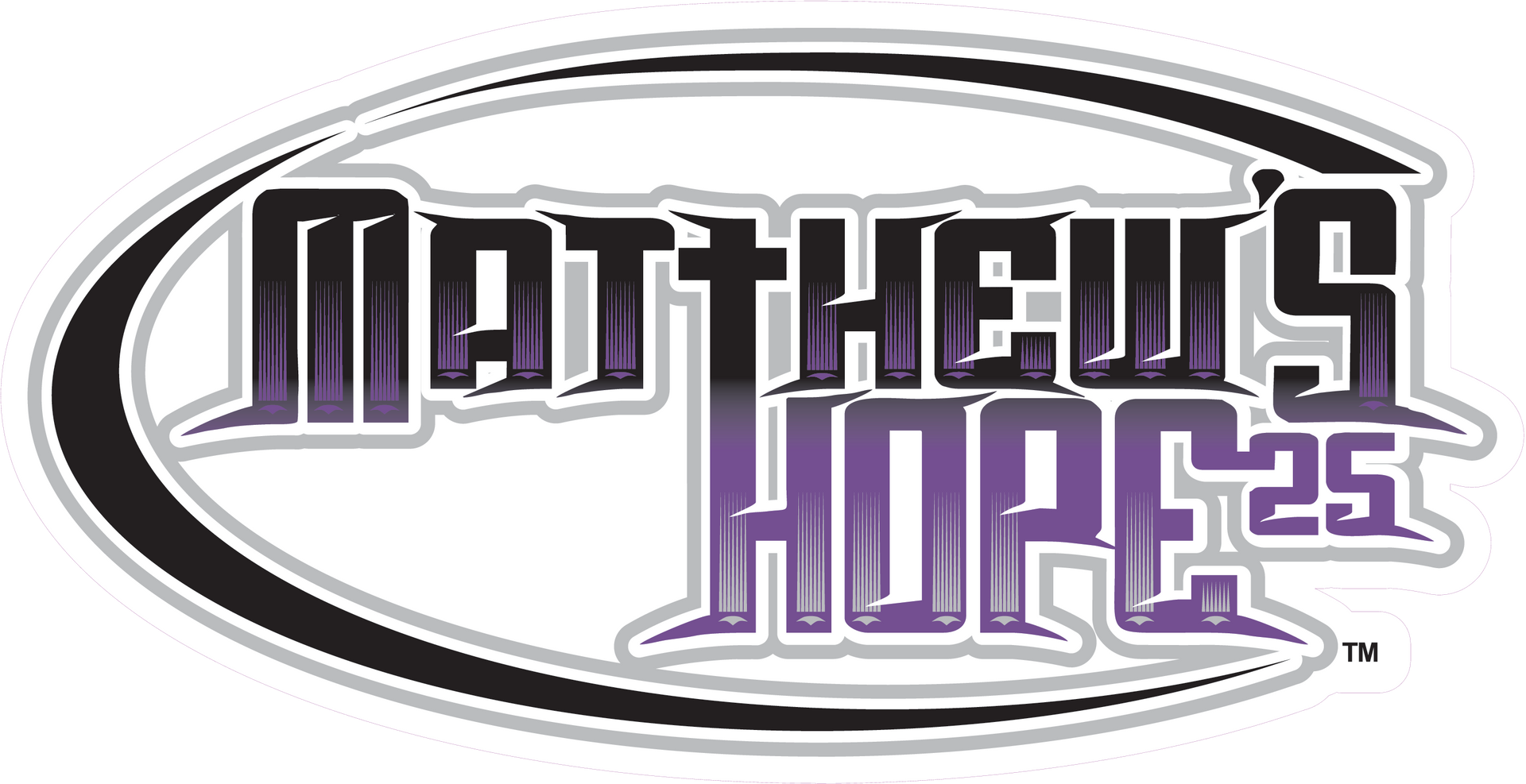Raising Bilingual Kids in Horizon West
How Horizon West Families are Raising Children with Both Roots and Wings
Leer en Español
Story and translation made possible by Beral Consulting Group, a Horizon West–based business specializing in consulting, interpretation and translation services. Learn more at www.beralconsulting.com

A New Home, Shared Dreams
Many of the families who now call Horizon West home arrived here in different ways. Some came directly from their home countries, such as Venezuela, Colombia, Guatemala or Brazil, while others moved after spending years in different parts of the United States. They brought with them more than boxes and suitcases; they carried dreams of a brighter future for their children. Yet alongside those dreams lingers a quiet worry: Will their children truly grow up bilingual, or will English slowly push aside the language that ties them to their roots and to family back home?
For many parents, English represents opportunity in school, work and daily life in the United States. But Spanish and Portuguese hold something just as valuable: the laughter of cousins, family recipes passed down through generations and conversations with abuelos (Spanish for grandparents) and avós (Portuguese for grandparents) that keep heritage alive.
Balancing assimilation and preservation is at the heart of many Horizon West households. In this fast-growing community of Central Florida, families are discovering that bilingualism is not only possible, it is a gift that opens many doors.
Challenges and Hopes
The first challenge for many when they arrive in the United States is language. Children find themselves in classrooms where everything is taught in English, and the pressure to adapt quickly can feel overwhelming. Parents do everything they can to help their kids succeed in English at school and in daily life, yet inside they carry the worry that Spanish or Portuguese, the languages that connect them to their roots and memories, might slowly fade. On top of this, many parents are still learning English themselves, which makes it harder to help with homework, communicate with teachers or follow their children’s progress closely.
Adapting, however, is more than learning new words. It is about making sure children feel secure and motivated in a different school system, that they learn to move between two cultures and that they carry pride in where they come from. The shared hope among so many families is clear: to raise children who grow strong in their new country without losing the essence of who they are, children who can thrive in English while still speaking, feeling and dreaming in the language of their home.
Five Tips for Raising Bilingual Kids
- Make the home language a daily refuge.
A family language flourishes when it lives in the everyday moments: conversations at the table, bedtime stories, games and family memories. Speaking to children in the language parents know best does not confuse them. Instead, it strengthens bonds and builds a foundation for learning other languages. - Read aloud as a shared ritual.
Reading is not only about words, it is about embracing worlds. Reading aloud, commenting on pictures, asking questions or anticipating what comes next keeps curiosity alive and builds vocabulary and comprehension. These skills carry over to the second language as well. Research shows that dialogic reading is one of the most effective practices for bilingual development. - Embrace the natural mix of languages.
Switching languages in the middle of a conversation (code-switching) does not cause confusion. On the contrary, experts recognize it as a natural and positive strategy in bilingual development. It allows children to build meaning, reinforce words and feel free in two linguistic worlds. Various studies show that this practice strengthens both understanding and confidence. - Nurture writing and grammar as roots.
Speaking is the trunk, but writing is the root that sustains a language over time. Encourage children to write emails or messages to relatives, grocery lists or short journals in Spanish or Portuguese. Literacy in the home language also strengthens development in English. - Surround yourself with community and real-life experiences.
A language thrives where it is shared: in the library, on the soccer field, at the farmers market or in a local bakery. Joining community activities, churches or clubs where Spanish and Portuguese are spoken naturally turns language learning into a way of life.

Community Resources
What makes Horizon West unique is that local businesses and institutions reflect the diversity of its residents. Within the community, families can find:
- Orange County Library System: Bilingual programs, family reading sessions and books in English, Spanish, and Portuguese.
- Local churches: Congregations that offer services and programs in Spanish and Portuguese, reinforcing cultural identity.
- Local businesses: Cafés, bakeries, restaurants and other shops run by Hispanic and Brazilian owners that have become gathering places where children hear their heritage languages spoken naturally.
- Extracurricular centers: Horizon West offers many options, from sports academies to tutoring centers, several of which have bilingual staff.
Why Horizon West is the Ideal Place
In few suburban communities does bilingualism feel so natural. Here it is common to hear Spanish and Portuguese in the grocery store, on the soccer field or while waiting in the school line. This shared experience creates a sense of solidarity.
Families in Horizon West are teaching their children an invaluable lesson: identity is not “either/or,” it is “both/and.”
A child can be fluent in English and still connected to Spanish. They can adopt American traditions and still celebrate Día de los Muertos, Festa Junina or Three Kings Day.
By doing so, parents are not only raising bilingual children. They are building bridges between cultures.
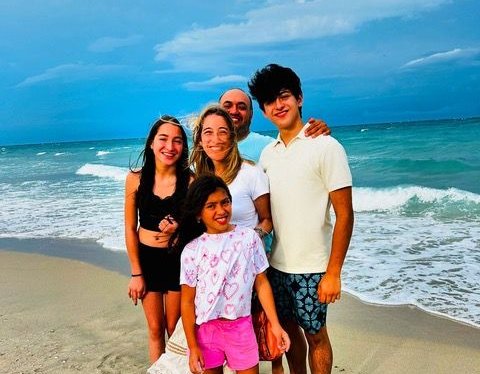
A Final Reflection
Bilingualism is more than words. It is the key that opens conversations with family abroad, the tool that strengthens opportunities at school and the thread that ties children to their heritage.
In Horizon West, raising bilingual kids is not just a dream. It is part of the community fabric. Families, schools, businesses and organizations come together, sometimes quietly and sometimes with energy, to help children grow with strong roots and wings to fly.
When a child can say I love you and te quiero, when they can whisper bom dia (Portuguese for “good morning”) to their grandmother and good morning to their teacher, they are not simply speaking in different languages. They are embracing worlds, weaving identities and giving life to cultures that walk together in them.
And that, parents say, is the greatest dream of all.
Are you a Hispanic or Brazilian business owner in Horizon West?
Join us in celebrating the culture and connection that make our community thrive. Advertising with Horizon West Magazine is a wonderful way to share your story, grow your reach, and strengthen the bonds that unite us all. To learn more about advertising opportunities or joining future features, please reach out to our team. We’d love to connect with you!


